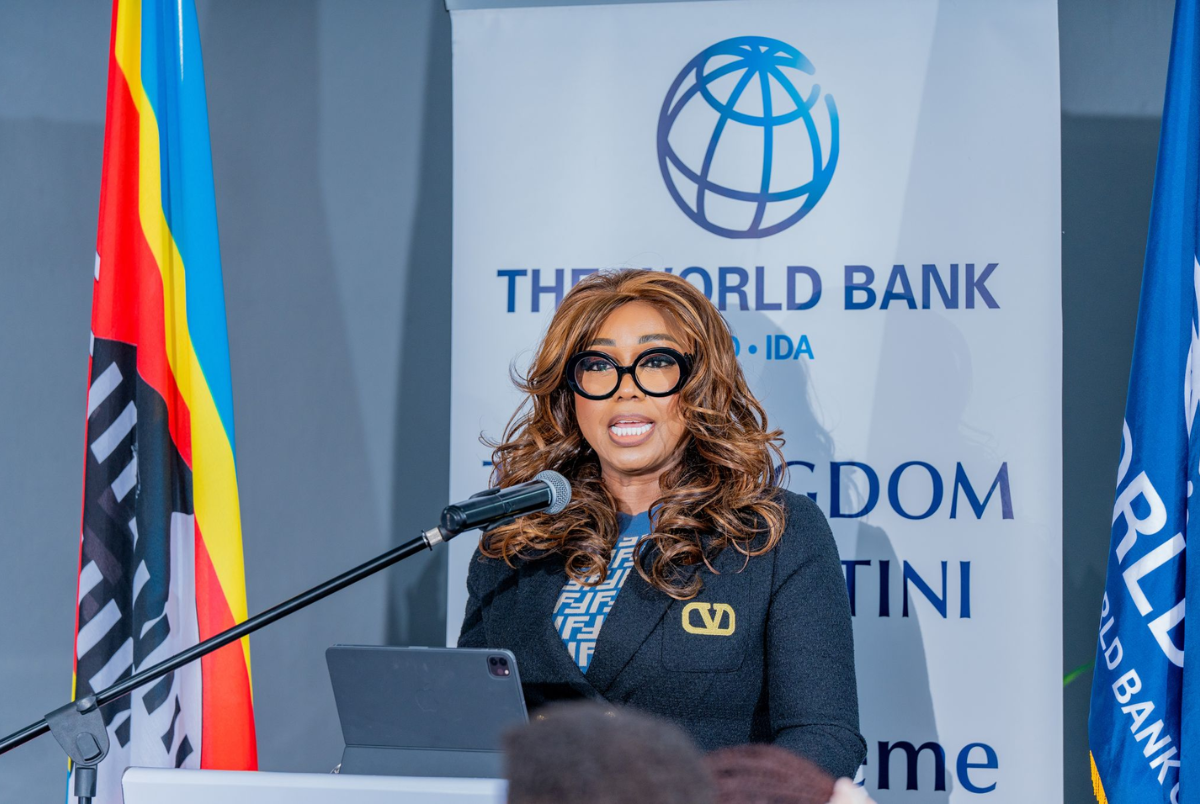Eswatini Ramps Up Tech Reform with New Legislation, 5G Rollout, and Coding Training for All
In an effort to improve citizen services, the Ministry of ICT has already launched over 11 digital government services, including applications for scholarships, business registrations, and driver's license renewals.

Eswatini’s Minister of ICT, Savannah Maziya, recently spoke at the Eswatini Economic Update 2025, an event co-hosted by the Eswatini government and the World Bank. Maziya’s keynote address focused on the country’s comprehensive Digital Transformation Strategy, emphasizing that digital technology is not a luxury but a crucial necessity for fostering economic growth, creating jobs, and improving governance. She stated that digital transformation can restore the dignity of our citizens by making services more accessible, responsive, and reliable.
During her presentation, Minister Maziya highlighted several key initiatives Eswatini is undertaking. These include the introduction of new legislation, such as the Cybersecurity Bill, the Critical Infrastructure Bill, and an E-Commerce Strategy, all designed to build trust and responsibly regulate the digital sector. The government is also planning forward-looking legislation on AI, Robotics, Space, and Satellite Governance to ensure Eswatini remains globally competitive.
Significant progress has been made in infrastructure development, with a nationwide rollout of fiber optic cable supported by the World Bank. The country has also increased its international connectivity capacity from 47 Gbps to 72 Gbps, exceeding national targets. The capital city of Mbabane is being transformed into a Smart City, featuring a 5G network, 59 AI-enabled cameras, and public Wi-Fi.
In an effort to improve citizen services, the Ministry of ICT has already launched over 11 digital government services, including applications for scholarships, business registrations, and driver’s license renewals. The government aims to add another 90 services over the next three years. Additionally, Eswatini is set to launch a nationwide coding program to train more than 300,000 citizens in digital skills. Maziya concluded by stressing the importance of strategic partnerships and government support to realize the full potential of Eswatini’s digital transformation vision.






